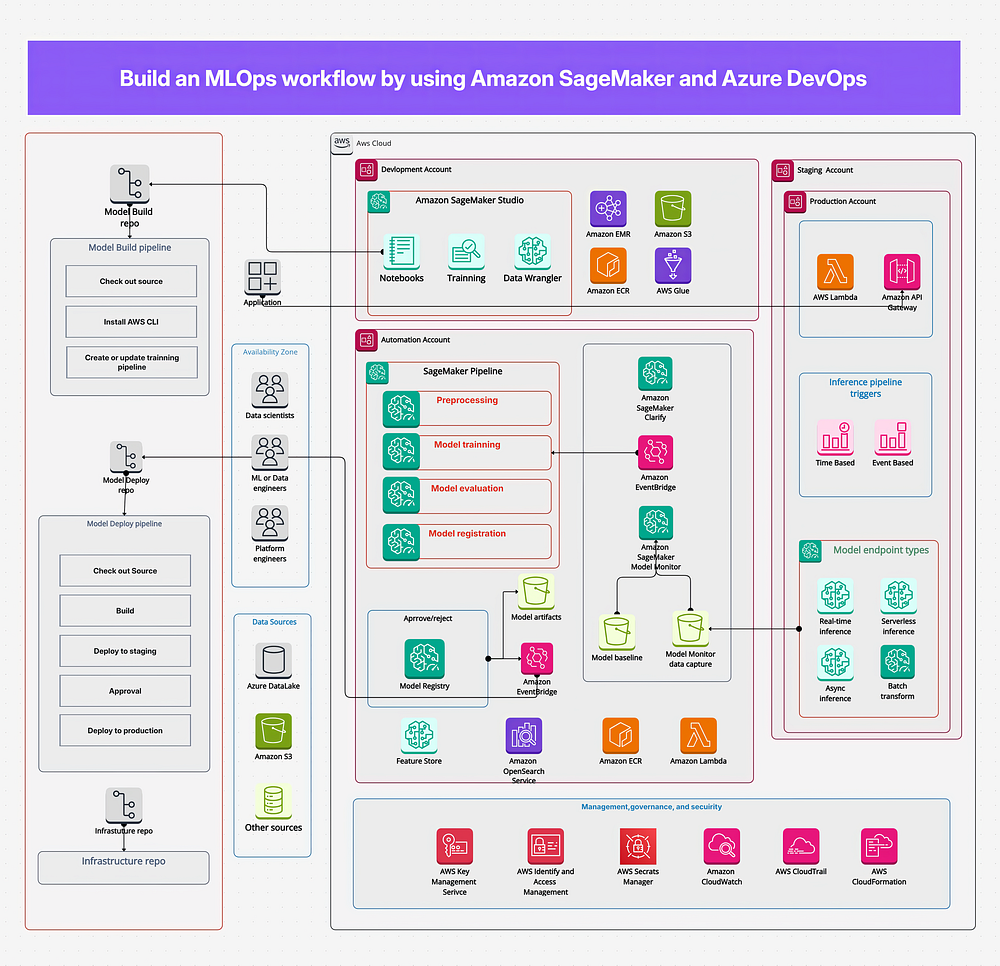Introduction to AI Regulation
The topic of Artificial Intelligence (AI) regulation has been a subject of debate among lawmakers in the United States. Recently, a proposal was introduced that aims to regulate AI at the federal level, but some lawmakers have expressed concerns about the impact this could have on states’ rights to regulate AI.
Concerns About States’ Rights
Senator Marsha Blackburn stated that she agrees with Senator Maria Cantwell that the AI regulation proposal "is not the type of thing that we put into reconciliation bills." Blackburn added that lawmakers "are working to move forward with legislation at the federal level, but we do not need a moratorium that would prohibit our states from stepping up and protecting citizens in their state." Other senators, including Ron Johnson and Josh Hawley, have also criticized the idea of stopping states from regulating AI.
Cruz’s Proposal
Senator Ted Cruz has argued that his proposal stops states "from strangling AI deployment with EU-style regulation." Under his proposal, no BEAD funds would be given to any state or territory that enforces "any law or regulation… limiting, restricting, or otherwise regulating artificial intelligence models, artificial intelligence systems, or automated decision systems entered into interstate commerce." Cruz’s proposal has been met with criticism from state attorneys general, who argue that it would invalidate laws that protect consumers from AI-related harm.
State Attorneys General Weigh In
At a press conference, Washington Attorney General Nick Brown and Tennessee Attorney General Jonathan Skrmetti expressed their concerns about Cruz’s proposal. Brown noted that Washington has laws that prohibit the use of deep fakes against political candidates, the sharing of fabricated sexual images without consent, and the distribution of forged digital likenesses. Skrmetti said that if the Senate proposal becomes law, "there would be arguments out there for the big tech companies that the moratorium does, in fact, preclude any enforcement of any consumer protection laws if there’s an AI component to the product that we’re looking at."
Impact on Consumer Protection
The proposed AI regulation could have significant implications for consumer protection. If states are prohibited from regulating AI, it could leave consumers vulnerable to AI-related harm, such as fraud and theft. State attorneys general argue that they need to be able to regulate AI in order to protect their citizens.
Conclusion
The debate over AI regulation is complex and multifaceted. While some lawmakers argue that federal regulation is necessary to promote innovation, others argue that states should be allowed to regulate AI in order to protect their citizens. As the proposal moves forward, it will be important to consider the potential impact on consumer protection and states’ rights.
FAQs
- What is the proposed AI regulation?
The proposed AI regulation is a federal law that would regulate the development and deployment of artificial intelligence. - Why are some lawmakers opposed to the proposal?
Some lawmakers are opposed to the proposal because they believe it would prohibit states from regulating AI and leave consumers vulnerable to AI-related harm. - What are some examples of state laws that could be invalidated by the proposal?
Examples of state laws that could be invalidated by the proposal include laws that prohibit the use of deep fakes against political candidates, the sharing of fabricated sexual images without consent, and the distribution of forged digital likenesses. - Why is it important to consider the potential impact on consumer protection?
It is important to consider the potential impact on consumer protection because AI-related harm, such as fraud and theft, could have significant consequences for consumers. - What is the next step in the process?
The next step in the process will be for lawmakers to continue debating and refining the proposal, with the goal of finding a solution that balances the need for innovation with the need for consumer protection.











